Legendary music producer and composer Quincy Jones built up an incredible net worth of $500 million by the time he passed away on November 3, 2024, at age 91. This massive fortune made him one of the wealthiest and most influential figures in entertainment history.
Early Money and First Jobs: Where Quincy Jones Started
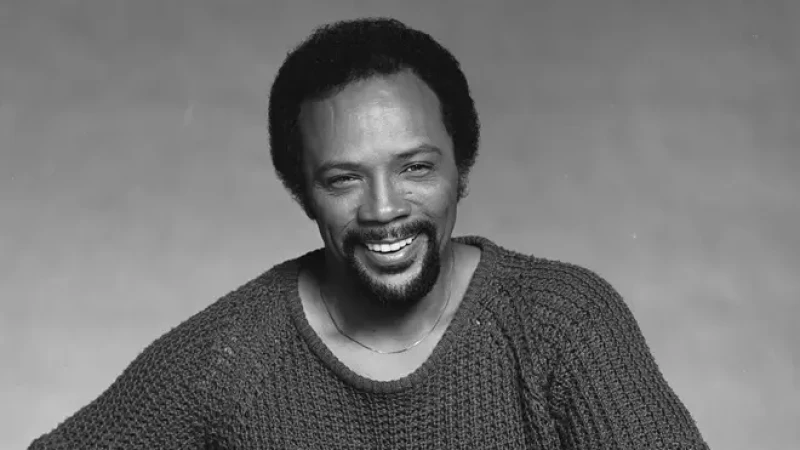
Born on March 14, 1933, in Chicago, Jones didn't exactly grow up with a silver spoon. But he found his calling in music as a teenager after his family moved to Seattle. That's where he first started making real money from what he loved.
Back in the late 1940s, young Quincy was hustling hard with his trumpet. He'd play two shifts a day - first at the fancy white tennis clubs from 7 to 10 pm, playing stuff like "To Each His Own" and other popular tunes of the day. Then at 10 pm, he'd head over to the black clubs like The Black and Tan and The Rocking Chair, where they'd play for strippers and really cut loose. The money wasn't huge, but it was his first taste of earning a living through music. And get this - at just 14 or 15 years old, he was already backing up legends like Billie Holiday.
When Quincy turned 18, he snagged a scholarship to Berklee College of Music in Boston. But he didn't stick around long. When bandleader Lionel Hampton offered him a spot on the road, he jumped at it. That became his first major gig in the business. His first recorded solo showed up on a 1952 track called "Kingfish" with Hampton's orchestra, which basically marked the official start of his career.
Career Development and Rising Earnings in the 1950s-1960s
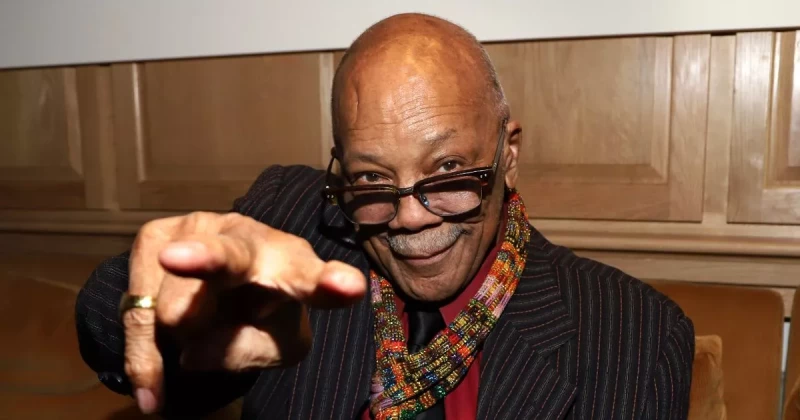
Throughout the 1950s, Jones made New York his home base and started making a name for himself as a freelance arranger. He was writing charts for the biggest names in the business - Tommy Dorsey, Gene Krupa, Sarah Vaughan, Count Basie, Duke Ellington, Dinah Washington, and his old buddy Ray Charles. While we don't have exact salary numbers from back then, working with all these heavy hitters meant steady cash flow.
One of his cooler early gigs was playing in the band that backed Elvis Presley during his first TV appearances in 1956. In 1957, Quincy headed to Paris, where he studied with classical music legends Nadia Boulanger and Olivier Messiaen, and worked as music director for Barclay Disques, which was Mercury Records' French distributor. This European adventure really expanded his skills, though it also brought some serious financial headaches.
He put together his own 18-piece big band, and while the crowds loved them in both Europe and America, the concerts just couldn't support that many musicians. He ended up deep in debt. But here's where things turned around. The head of Mercury Records, Irving Green, gave him a personal loan to bail him out. In return, Jones went to work for Mercury in New York as music director. Then in 1961, he made history by becoming vice president of Mercury Records - the first Black executive at a major record company.
The 1960s really saw his bank account start growing. In 1964, he won his first Grammy for his arrangement of Count Basie's "I Can't Stop Loving You" and started getting into film and TV scores. Over time, he'd end up composing for more than 50 productions. His movie work included major films like The Pawnbroker, The Italian Job, The Getaway, and In Cold Blood. Each project added serious money to his income and boosted his reputation even higher.
Peak Success and the Michael Jackson Era
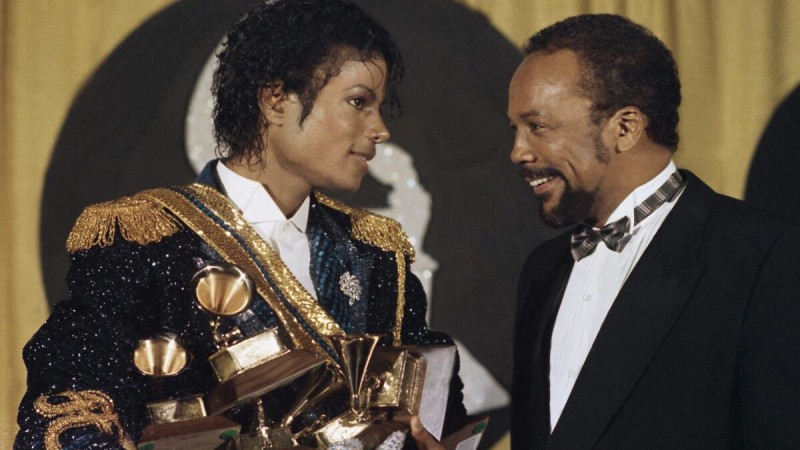
The late 1970s and 1980s? That's when Quincy Jones really hit his stride financially. His work with Michael Jackson alone moved over 150 million records. He produced MJ's game-changing albums Off the Wall, Thriller, and Bad, which basically turned Jackson into the King of Pop.
Here's the beautiful part about the quincy jones net worth story - every single time a Quincy-produced Michael Jackson album or song gets sold or played commercially, Quincy gets a royalty check. And since Thriller became the best-selling album of all time, those checks keep coming even today.
In 1990, Quincy Jones Productions teamed up with Time Warner to create Quincy Jones Entertainment. They scored a 10-picture deal with Warner Bros. and a two-series deal with NBC. His projects spread way beyond music - he launched hip-hop magazine Vibe in 1993, published SPIN and Blaze magazines, started his own record label Qwest Records, and bought up TV networks in Atlanta and New Orleans through Qwest Broadcasting.
Over the years, Jones cashed in on many of these businesses. The big one came in 1999 when he sold Quincy Jones Entertainment for a cool $270 million - probably the biggest single payday of his entire career.
Current Wealth Status and Real Estate Holdings
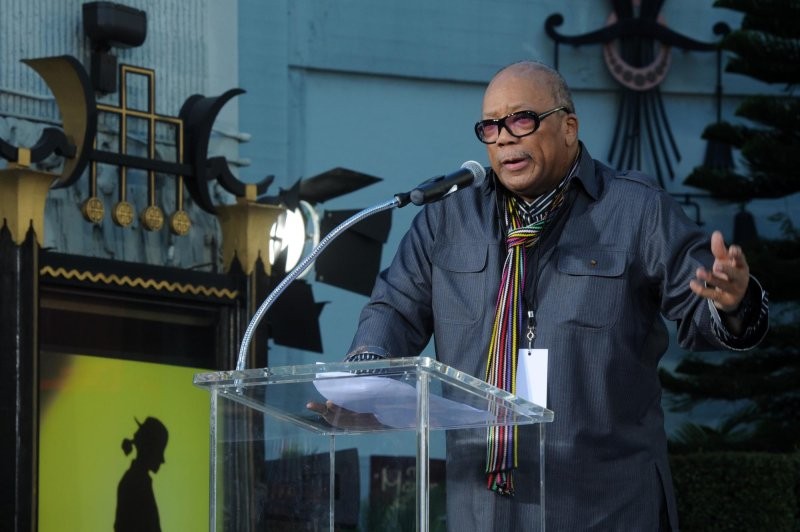
That $500 million quincy jones net worth number comes from decades of smart moves and multiple income streams. His real estate game was strong too. He bought a Bel Air home for $3 million and flipped it in 2005 for $5.4 million. That same property is now worth somewhere between $25-30 million. He also owned this gorgeous Spanish-style mansion in Holmby Hills, Los Angeles, in one of the fanciest neighborhoods in Beverly Hills. That property alone is estimated at no less than $25 million.
His car collection showed his refined taste - a Rolls-Royce Ghost worth $350,000, an Aston Martin Vantage at $190,000, and a Mercedes-Benz E350 at $75,000.
Over his career, Jones racked up 28 Grammy Awards and got honored with the Grammy Legend Award, Grammy Living Legend Award, Kennedy Center Honors, and the National Medal of Arts. While these don't directly put money in the bank, they definitely meant he could charge top dollar for any project he touched.
Quincy Jones' Philosophy on Success: Key Principles
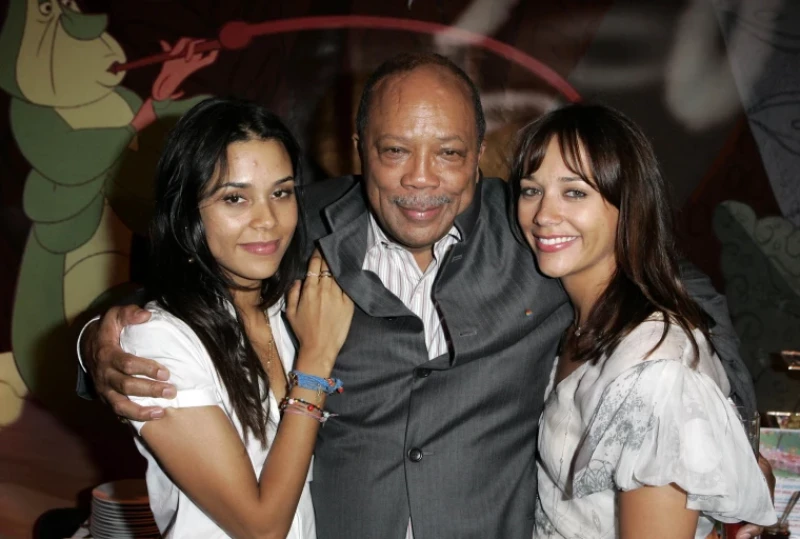
Throughout his amazing career, Jones developed some powerful principles that explain how he built such an impressive fortune. His mindset is really what separated him from everyone else.
Complete Every Task with Excellence
Jones always repeated what his dad taught him: "Once a task is just begun, never leave it till it's done. Be the labour great or small, do it well or not at all." This idea of actually finishing what you start became the foundation of everything he did. He pointed out that lots of people have big ideas, but very few actually execute them properly. "It's a long road from ideation to execution," he'd say.
Build a Strong Foundation Through Continuous Learning
Jones firmly believed that "your success in any field is only as strong as the foundation you create for yourself." He stressed that passion alone won't cut it - you need proper training. For creative people, he talked about developing both your technical skills and your creative soul, making sure you're actually ready when opportunities come knocking.
Maintain Humility and Grace
One of his most famous pieces of advice was this: "I tell my kids and proteges, always have humility when you create and grace when you succeed, because it's not about you. You are a terminal for a higher power. As soon as you accept that, you can do it forever." This spiritual approach to creativity kept him grounded through all his success.
Learn from Mistakes and Prepare for Opportunities
Jones used to say, "There's nothing in the world worse than having an opportunity that you're not prepared for. Good luck usually follows the collision of opportunity and preparation." He was big on making your mistakes early and learning from them quickly. "For many of us out there, we can't afford to miss that first shot. Always be prepared for a great opportunity."
Listen More Than You Speak
Drawing from his musical training, Jones learned that "God gave us two ears and one mouth, because we're supposed to listen twice as much as we talk." This principle of really listening helped him work successfully with hundreds of different artists across every genre imaginable.
Handle Both Success and Failure
Count Basie gave Jones some advice that stuck with him forever: "Learn to deal with the valleys, Quincy. The hills will take care of themselves." This wisdom about handling the tough times proved essential during his early money troubles and throughout his long career.
Never Stop Growing and Challenging Yourself
Jones pushed people to "stay hungry and constantly seek out new challenges. Complacency is the enemy of growth." His whole career proved this point - he kept moving between jazz, pop, film scores, TV production, and business deals, never just staying in one lane.
Focus on Relationships and Authenticity
Later in life, Jones reflected that what really matters is "love to share, health to spare, and friends who care, 'cause that's really all that's important when you get down to it." His teacher Nadia Boulanger taught him that "your music can never be more or less than you are as a human being," which emphasized growing as a person alongside your professional development.
The quincy jones net worth of $500 million is about way more than just money in the bank. It's the result of serious dedication, never stopping learning, building real relationships, and living by a philosophy that mixed artistic excellence with business smarts. Jones left behind seven children - Jolie, Rachel, Martina, Quincy III, Kidada, Rashida, and Kenya - who inherit not just his fortune but the incredible legacy of his life's work and wisdom.
 Alex Dudov
Alex Dudov
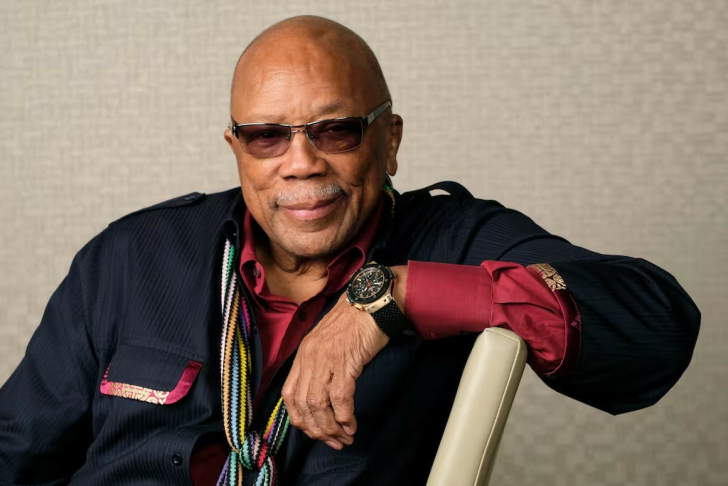
 Alex Dudov
Alex Dudov


